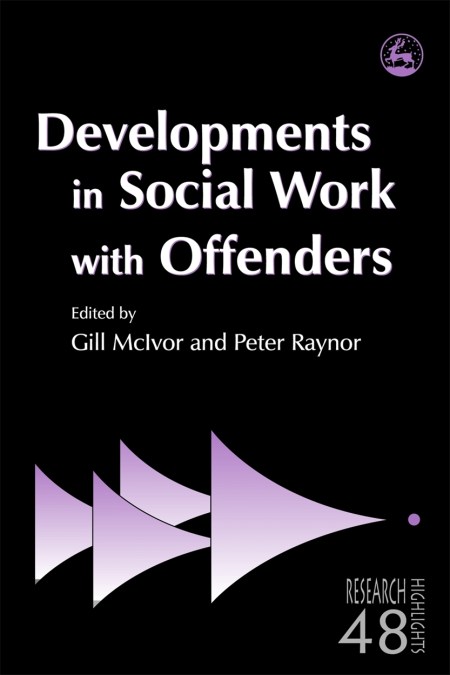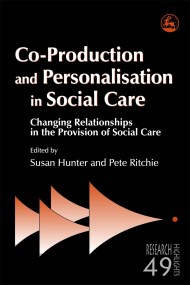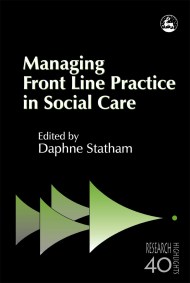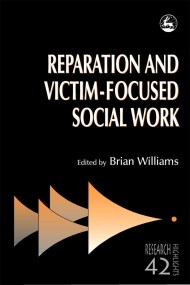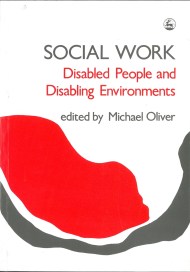Developments in Social Work with Offenders explains the organisational and legislative changes that have occurred in social work and probation across the UK in the past 10 years, in the context of the accumulating body of knowledge about what constitutes effective practice in the assessment, supervision and management of offenders in the community.
Three different aspects of working with offenders are covered: developments in policy; assessment, supervision and intervention; and issues and needs. Contributions from experts in the field discuss issues such as community `punishment’, case management, accreditation and resettlement. The continuing concern with promoting evidence-based solutions to crime is addressed, and this book will assist professionals working with offenders with making focused interventions supported by research.
This book will be essential reading for students of social work and probation and criminology, probation officers and social workers.
Three different aspects of working with offenders are covered: developments in policy; assessment, supervision and intervention; and issues and needs. Contributions from experts in the field discuss issues such as community `punishment’, case management, accreditation and resettlement. The continuing concern with promoting evidence-based solutions to crime is addressed, and this book will assist professionals working with offenders with making focused interventions supported by research.
This book will be essential reading for students of social work and probation and criminology, probation officers and social workers.
Newsletter Signup
By clicking ‘Sign Up,’ I acknowledge that I have read and agree to Hachette Book Group’s Privacy Policy and Terms of Use
Reviews
This book consists of a series of useful essays by 20 high-powered contributors, which on the one hand amount to an indictment of current government policies and criminal justice practice, and on the other offer details of several hopeful initiatives which may bear fruit in the future... The book considers the fascinating subject of crimogenic needs - what is it exactly that makes the offender commit the offence? Real motives are not always the ostensible ones.
